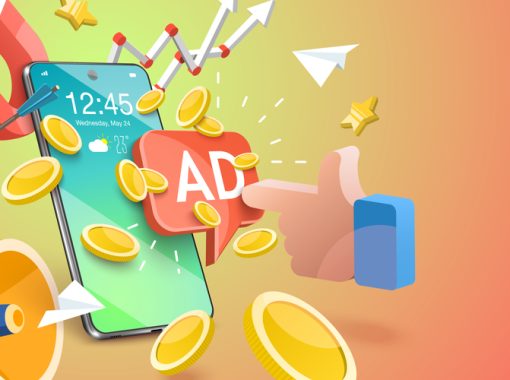4 Reasons Why Call Tracking and Campaign Attribution Are Important for Your Business


You may have heard the terms “call tracking” and “campaign attribution” before, but what are they exactly? And, more importantly, should you bring call tracking and campaign attribution to your business?
In this article, we’ll explain what call tracking and campaign attribution are and why they should be a part of your business.
What are Call Tracking and Campaign Attribution?
Call tracking is a way for companies to link callers with relevant marketing data about the caller. When a potential customer clicks on an 800 or vanity number on your website, a call tracking application generates a unique phone number that forwards to your company instead. Data from the phone call can now get directly integrated with web data, such as the webpage where and when the caller found your number and the caller’s webpage activity within your website (cookie data).
Campaign attribution denotes the practice of organizing data about current and future customers’ actions as a result of a specific marketing campaign. There are a few campaign attribution models out there, bringing together customer data from multiple sources to give you a better picture of which keywords and ads drive calls and conversions.
Why Bother With Call Tracking and Campaign Attribution?
No question adopting call tracking and campaign attribution will require more time and effort from your marketing team. But it’s worth it, and here are four reasons why.
1. Enrich Your Customer Insights
Combining customers’ digital data (website visitations, previous transactions, and ad exposure) with call data (area code, time of day, length of call) can get a more complete picture of the customer. How long does a typical customer spend on the site before calling? Which pages do they visit? Do they keep browsing the website after the call? And that’s not even considering the wealth of information you can get from the call itself through machine learning, conversational analytics, and other AI-based tools.
With a better understanding of caller activity, preferences, and demographic data, you get a much better understanding of which marketing campaigns are driving more calls, longer calls, and more conversions.
2. Improve the Efficiency of Paid Search
Almost every business has used a paid search service like Google Ads before. Call tracking is one way to optimize how you use paid search because it’s easy to see exactly which ads and keywords led to a call. You can also have much more precise information to calculate the return on ad spend and determine which ads and keywords lead to more responses by location (through area code tracking), time of day, and time of year.
3. Personalize the Call Experience
Doesn’t it feel amazing when you call a business, and they seem to have all the correct information about you at their fingertips? With call tracking, you can provide the same personalized experience for a caller when you know their calling history and which keywords or ads are driving the call. You can even use call tracking data to automatically route a caller to the right person or team, saving everyone time and increasing your chances of a call conversion.
4. Focus on Your Marketing Winners
The key to marketing success is always focusing on your winners and stop putting time and money into your losers. Campaign attribution helps you achieve this by recording exactly which parts of a campaign contributed to a conversion. Some campaign attribution models even assign weights to each portion of a campaign to help you better understand which campaign efforts lead to the most conversions and which parts need to be refined, improved, or better targeted. For example, suppose a person sees an ad online for your business but only calls after receiving a promotional email. In that case, your marketing team knows to focus more on targeted email campaigns—at least for this particular type of customer.
The best thing about call tracking and campaign attribution is that they work behind the scenes to give you a better idea of what’s driving calls. Customers see the same 800 number online, meaning that you keep control of your brand through your vanity number.
Still need an 800 number? Get one today and see your call conversion rates improve with call tracking and campaign attribution.





